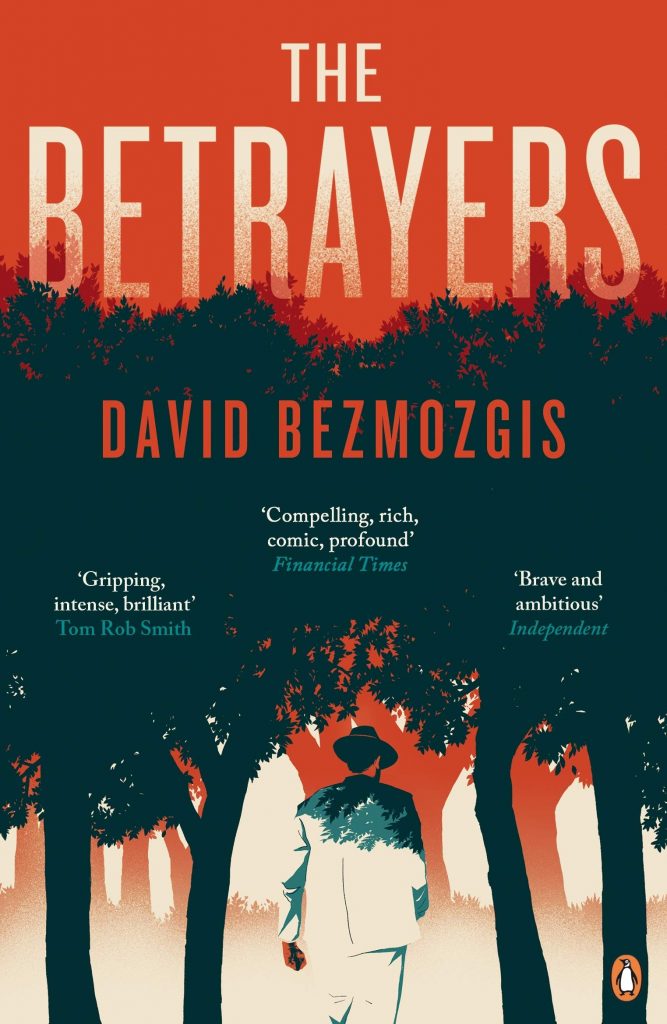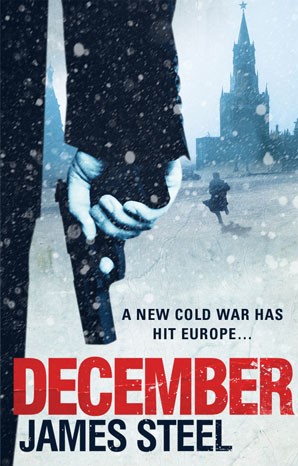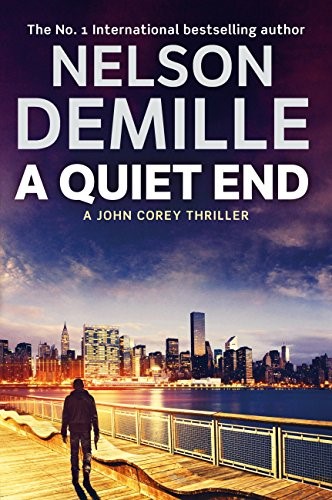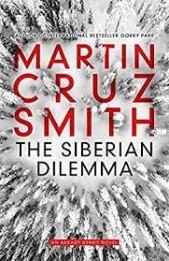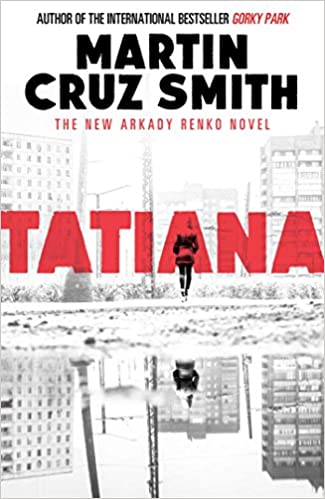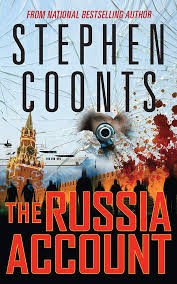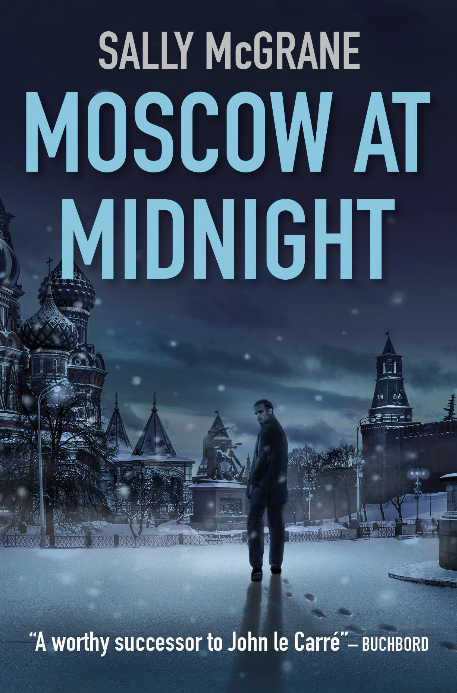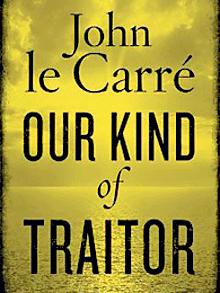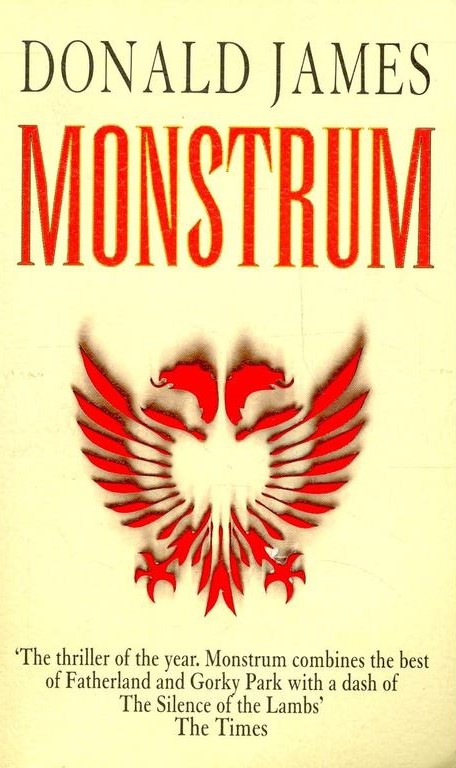
Donald James was a quite brilliant thriller writer. One of Russia in Fiction’s all-time favourites; he died exactly 13 years ago today, on 28th April 2008.
The distinctive trait of his Russia-related novels was to set them in a plausible yet radical near-future. Monstrum was written during the chaotic mid-1990s in Russia. James did in novel form what many Russia-watching analysts sought to do in methodical, scenario-planning form. He took current trends and extended them.
Except Donald James’s version involves a serial killer, love affairs, and betrayal.
Continue reading